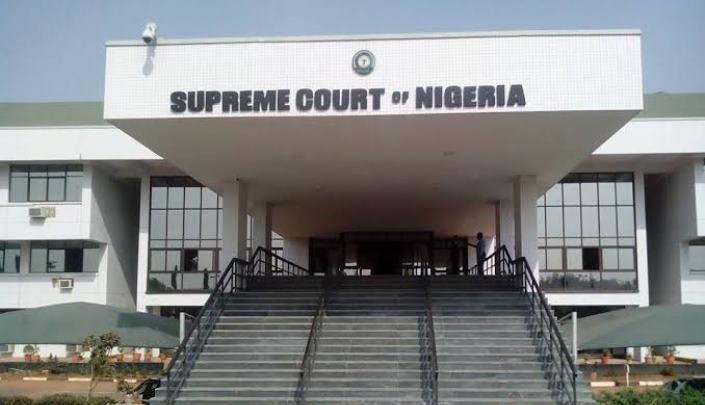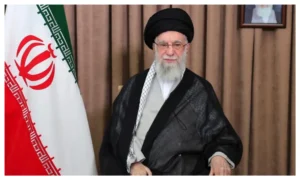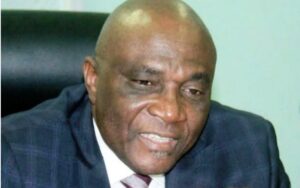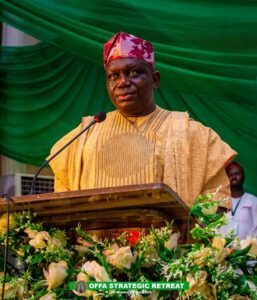
The Indigenous People of Biafra (IPOB) has escalated its legal battle against its designation as a terrorist organization to the Supreme Court, seeking to overturn a ruling by the Court of Appeal, Abuja Division, which upheld its proscription by the Federal Government.
In its appeal, IPOB argues that its proscription violates constitutional provisions, particularly its right to a fair hearing under Section 36 of the 1999 Constitution (as amended). The group contends that the lower court erred in affirming an ex parte order that led to its designation without granting it the opportunity to be heard.
IPOB’s legal team, led by Aloy Ejimakor and comprising P.A.N. Ejiofor, Maxwell Opara, Jude Okey Ugwuanyi, Patrick Agazie, Mandela Umegborogu, and Magnus Ikenna Nwangwu, maintains that the Court of Appeal misinterpreted the Constitution by prioritizing national security concerns over fundamental rights.
Among its key arguments, IPOB asserts that:
The proceedings leading to its proscription failed to meet the standard of proof required in criminal cases, as allegations of terrorism must be proven beyond reasonable doubt.
The classification of IPOB as a terrorist group unfairly subjects its members—predominantly of Igbo ethnicity—to discrimination, violating Section 42 of the Constitution.
The appellate court wrongly equated a “judge in chambers” proceeding with an ex parte hearing, effectively denying IPOB the right to present its case.
The Court of Appeal overstepped its jurisdiction by effectively declaring a “state of emergency,” a power reserved for the President under Section 305 of the Constitution.
Citing the African Charter on Human and Peoples’ Rights, IPOB argues that its advocacy for Biafra aligns with international human rights law and the right to self-determination. The appeal also references judicial precedents cautioning against indefinite ex parte orders and emphasizes the need for due process.
Before the Supreme Court, IPOB seeks an order nullifying its proscription and reversing the lower court’s decision. The Attorney General of the Federation (AGF) has been listed as the respondent in the case.







